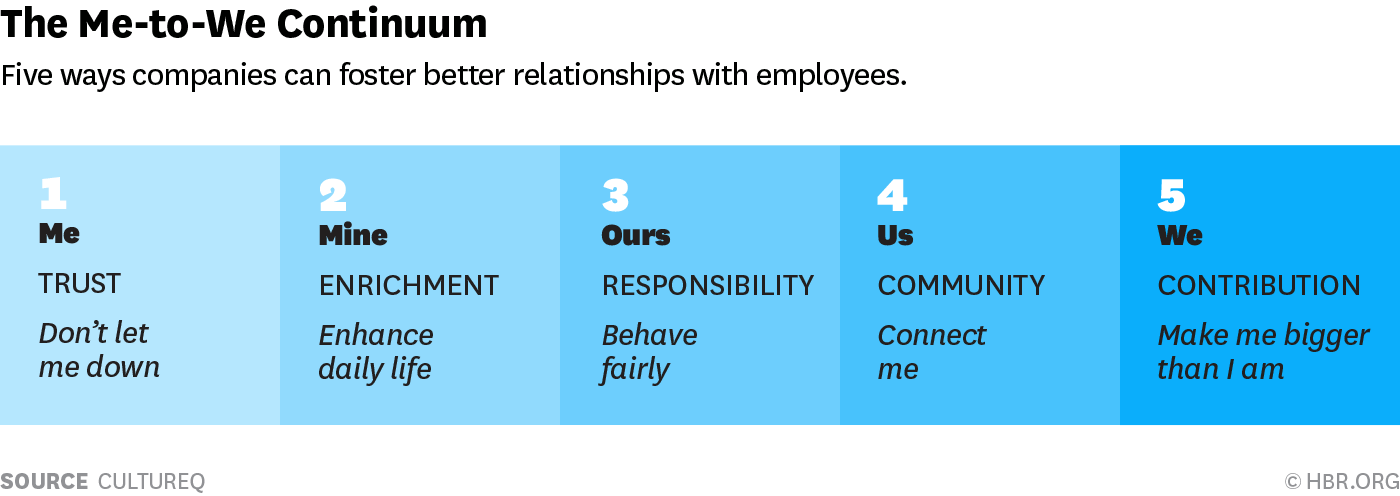Say you are ready to scale your business. You land new customers and it begins to grow. Suddenly, you find yourself overwhelmed by the workload. You’re wearing multiple hats. There’s not enough time to wear any one of them well. That’s exactly the point when an entrepreneur doubles down — to live, eat and sleep their company. Sound familiar?
Tom Villante, CEO of payment processing platform YapStone, founded his company 16 years ago. Today YapStone processes over $15 billion annually. I wanted to learn how he was able to relentlessly focus on scaling his business. Thanks to a colleague, I was able to secure a phone call with Tom.
During our call he made a number of important points. Tom mentioned that “[t]oday, working smarter achieves a much better result than working harder. Don’t get me wrong, I firmly believe in going all in and focusing on your business. Yet, it’s crucial to be efficient while growing your business and giving it scale — and part of that is about leveraging resources to keep from being spread too thin.”
In your quest to work smarter, not harder, here are some key points that Tom also mentioned; lessons that can help every entrepreneur scale smarter:
1. Hire for growth
Tom mentioned that he often sees founders who choose to handle a lot of work themselves, rather than delegating to others. As you grow your business, you should hire and reward people who are willing to pitch in and venture beyond their official duties.
The other side of that coin is long-term thinking: Onboard new hires who can grow with your business and become leaders. Your next hire shouldn’t just fill the current position. Think about their potential: Can they can grow with you, and help get your business to where you want it to be?
2. Invest in employee training
If you want to scale your business, think about your employees strategically. How would you like them to develop and contribute to your team? The best way to communicate these desires is by setting clear and measurable goals for each employee.
An important key to strategically developing your talent pool is training. Columbia University researchers reviewed 16 case studies of employee training, which revealed that ROI on training ranged from 100 to 5,900 percent. Beyond the outstanding economic benefits, training keeps employee skills sharp and facilitates the adoption of new scalable technologies. It also makes employees feel valued.
3. Inspire your team
Motivated employees are effective employees. As HBR suggests, employees also desire intangible things from their employers. “The best employers help us each achieve our personal “me” goals and dreams on the one hand, while simultaneously collaborating with us to solve more generalized “we” worries about the economy, the environment, the world on the other hand. And, in between the “me” and “we” extremes, there are a variety of ways that employers can enrich the lives of employees and communities alike.”

4. Know what you don’t know
Self-awareness is key to success as an entrepreneur. Recognize the things you don’t know or are not good at, and outsource those to an expert.
One of the most frequent mistakes that Tom sees entrepreneurs make is trying to reinvent the wheel. Instead, do what you do best. Focus on your core business and tap into other people’s expertise rather attempting to fasten a second-rate version of their wheel.
5. Leverage technology
In the age of the cloud, if you don’t make technology your friend, you’ll be left in the dust. Software as a Service (SaaS) makes it easy for organizations to leverage technology and increase efficiency. The need for an upfront investment is eliminated. And with everything hosted on the cloud, there is no need for IT resources.
Technology frees up your team to scale by making their work more efficient. Slack is one of the best tools for managing organizational communications, as it facilitates team member chatting, sending files, and keeping everyone up to speed. Tom’s team also uses Trello and Basecamp to keep projects organized and make sure that everyone knows what they should be doing, and the deadline for each deliverable.
Heeding Tom’s advice and following these guidelines within your own business will help put you on the right track. Most importantly, this advice can free up your time to focus on the most important thing: managing your company as you scale.
This article has been edited.
Abbi Whitaker is the founder and creative engine of The Abbi Agency.
© YFS Magazine. All Rights Reserved. Copying prohibited. All material is protected by U.S. and international copyright laws. Unauthorized reproduction or distribution of this material is prohibited. Sharing of this material under Attribution-NonCommercial-NoDerivatives 4.0 International terms, listed here, is permitted.





